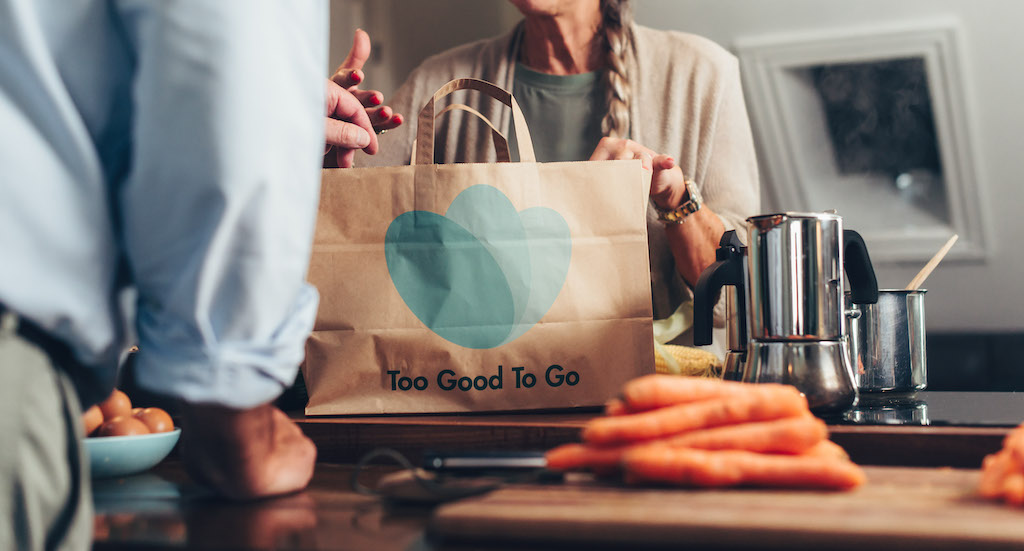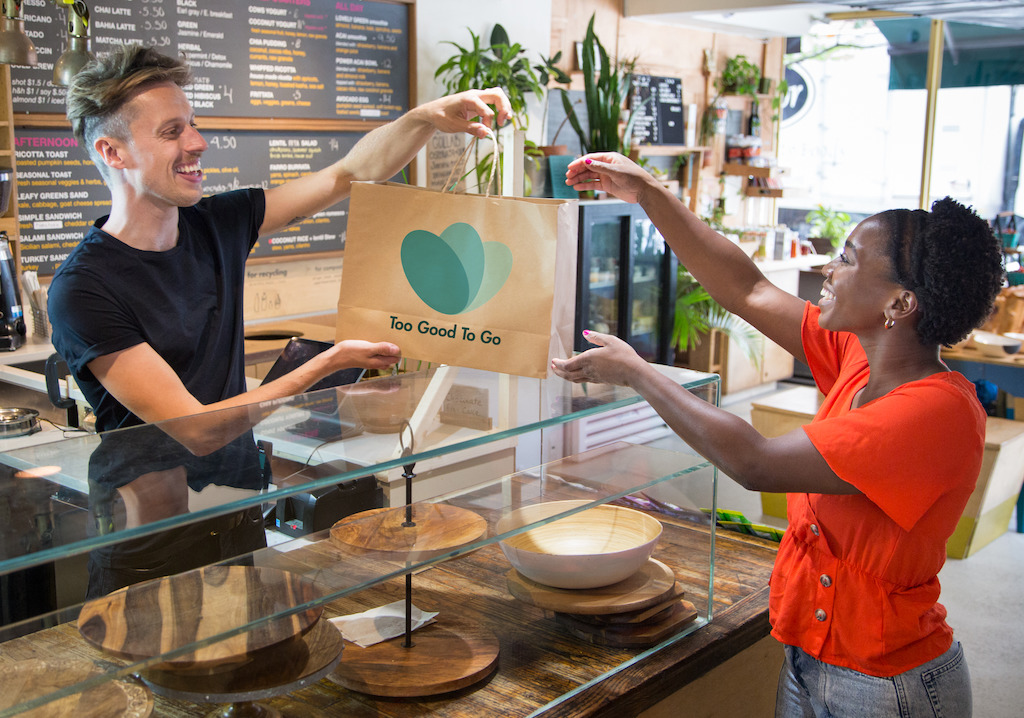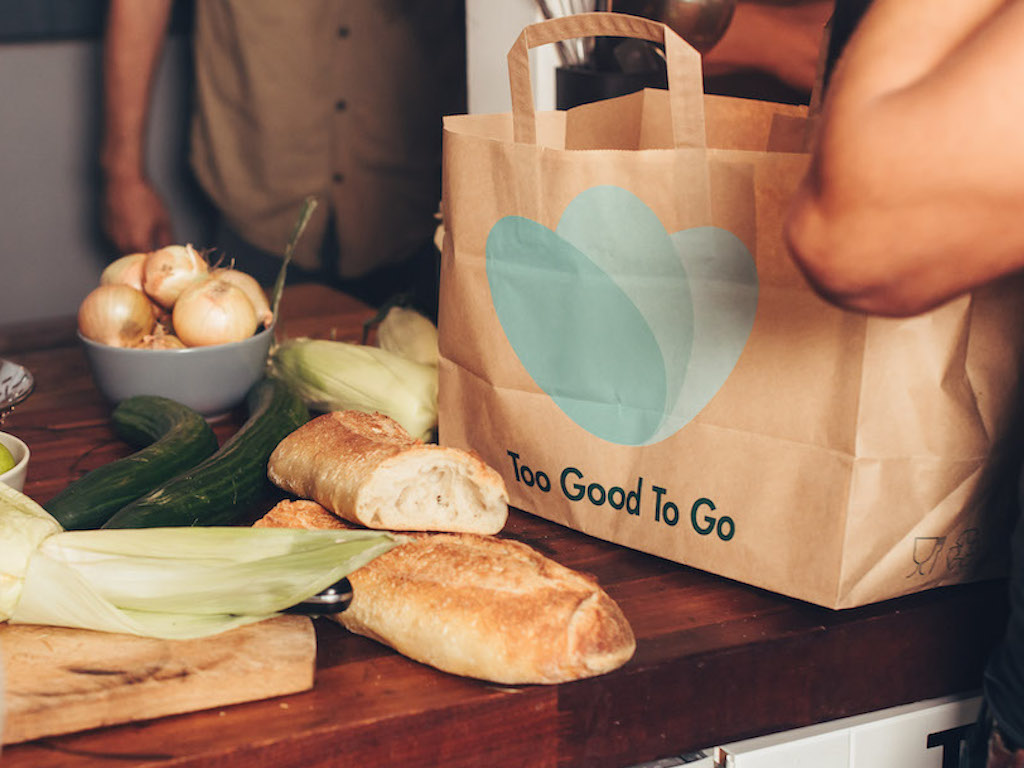4 Mins Read
Too Good To Go, the Copenhagen-based platform for surplus food, has bagged US$31.1 million in a fresh round of funding to fuel its expansion into the U.S. market, where 40% of food goes to waste. The startup’s app is currently the world’s largest B2C marketplace for food that would otherwise be thrown out, and saves on average 100,000 meals every day.
Tech-for-good startup Too Good To Go has landed US$31.1 million in an investment round led by Blisc, a B Corp-certified and ESG-forward venture capital co-headquartered in New York and Paris that donates 20% of its profits to charity. Too Good To Go’s app is the world’s leading app to fight food waste by connecting businesses with surplus food to consumers in their local communities.
We will be using this investment to support the rapid growth of our U.S. operation and will continue to work with our partners across Europe, where we’re saving tens of thousands of meals through our app every day.
Mette Lykke, CEO, Too Good To Go

The funding will go towards the startup’s expansion into the U.S. market, after its success across 15 countries in Europe. Since its inception in 2015, Too Good To Go says it has saved more than 50 million meals – with each meal rescuing the equivalent carbon emissions of charging a mobile phone 422 times. Around 50,000 businesses are currently registered on the platform, including major retailers like Lidl, Morrisons and 7-Eleven.
“We will be using this investment to support the rapid growth of our U.S. operation and will continue to work with our partners across Europe, where we’re saving tens of thousands of meals through our app every day,” said Mette Lykke, CEO at Too Good To Go.
“Global food waste is a challenge that requires many solutions. As a company we will continue to rise to this complicated challenge and make a positive impact on the issue in 2021.”
The app landed in the U.S. just months ago in New York and Boston, where it has already attracted 150,000 users and 600 store partners. By expanding its presence in the country, the company says it hopes to make a dent on the 113 billion pounds of food wasted in the U.S. each year, which amounts to US$161 billion in losses. Food waste, as well as food loss, is considered one of the major sources of rising carbon emissions and the worsening effects of climate change.
It is possible to embed social impact within the business model and generate impressive results while making a difference for people and the planet.
Alexandre Mars, Founder & CEO, Blisc

As part of the investment, Blisc and Too Good To Go will be forging a new partnership to scale and reach more users.
“There is a growing understanding amongst VCs and investors of the impact that can be made through funding a mission-driven company. Blisc demonstrated this from the moment they approached us, and we are confident as a company that we can continue prioritising values and impact as we work together,” said Lykke.
“We are thrilled to be the first VC fund to join Too Good To Go’s incredible story, a company whose ethos we share,” added Alexandre Mars, founder and CEO of Blisc. “From the outset, its team has shown an impressive singular vision: that it is possible to embed social impact within the business model and generate impressive results while making a difference for people and the planet.”
While Too Good To Go has yet made its entry into Asia, the region, which is responsible for over 50% of the world’s food waste, has no shortage of waste fighting apps to the rescue. Recently launched in Bangkok is Yindii, a new platform that connects consumers with restaurants and cafés offering “flash sales” on the platform to purchase food that would otherwise go to waste for a discounted price.
In Hong Kong, Breadline is a web app fighting food waste by linking up bakeries to volunteers who can collect leftover bread and help redistribute them to charities and people in need. Meanwhile, Makan Rescue in Singapore was developed by a group of university students to help notify the city’s residents to free leftover food nearby that would otherwise be discarded.
All images courtesy of Too Good To Go.




